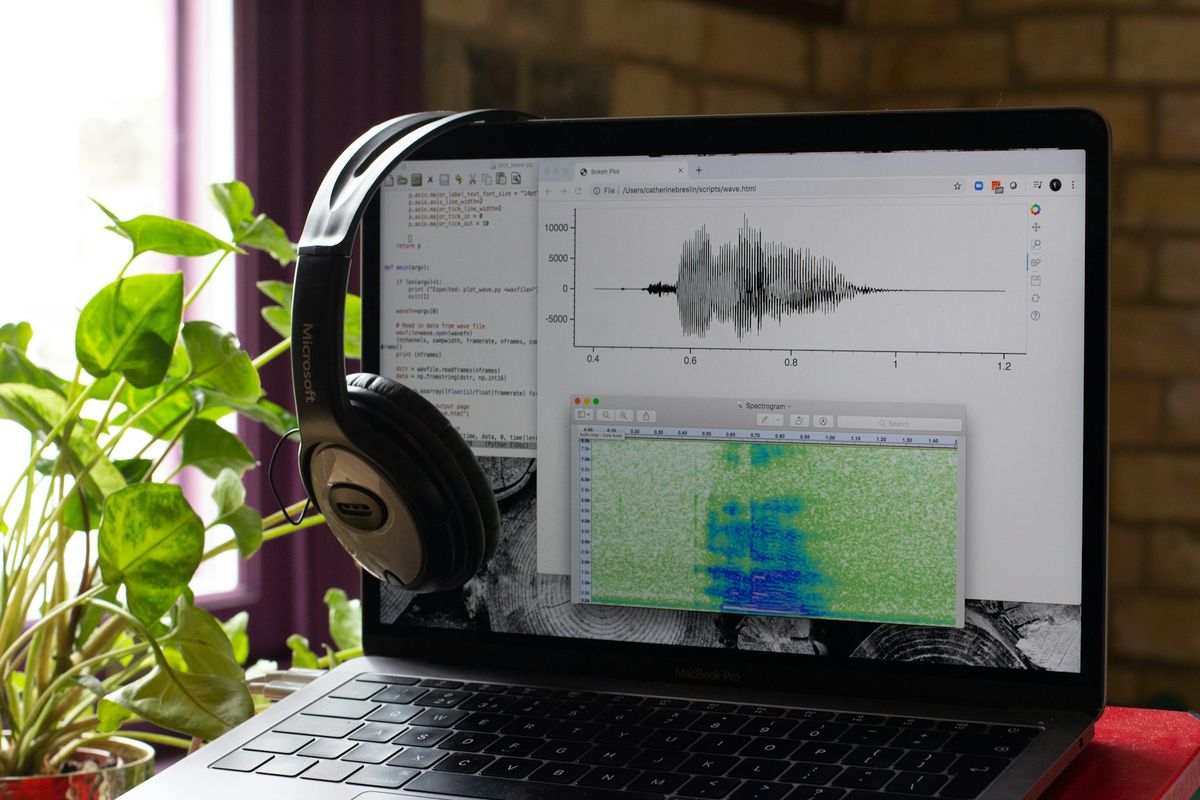AI voice technology is all about creating digital versions of human voices. It’s like giving a computer the ability to talk just like a person. This involves a process called AI voice cloning. By feeding the AI a bunch of audio samples from a person, the technology learns to mimic that person’s unique vocal patterns. This means the AI can generate new speech that sounds remarkably similar to the original voice.
Here’s how it works:
- Audio Samples: The AI needs lots of audio data from the person whose voice it will clone.
- Analysis: It analyzes the phonetic and acoustic features of these samples.
- Model Creation: The AI develops a model that can generate speech mimicking the original voice.
The magic lies in the AI’s ability to capture nuances like tone and pitch. This creates a convincing replica that can be used in various applications. Whether it’s for creating virtual assistants, dubbing in films, or personalized customer service, AI voice technology opens up exciting possibilities. Understanding its basics helps us appreciate the broader impact it can have in both tech and everyday interactions.
Applications of AI Voice
AI voice technology is making waves in different industries. Its applications are varied and growing, offering innovative solutions that enhance daily experiences. Here’s a closer look at where AI voice is making its mark.
- Virtual Assistants: AI voice is crucial in making virtual assistants sound more human-like. This improves user interaction and makes devices feel more intuitive and engaging.
- Automated Customer Service: Businesses use AI voice to streamline customer service. It handles queries efficiently, providing quick responses and freeing up human operators for more complex tasks.
- Entertainment: AI voice is transforming entertainment. From realistic dubbing in films to creating unique character voices in video games, the possibilities are vast and exciting.
- Education: In classrooms, AI voice assists in personalizing learning. It can read text aloud, help with language learning by providing accurate pronunciation, and support students with disabilities.
- Accessibility: AI voice tech creates accessible content. It helps people with visual impairments by converting text to speech, making information more accessible.
AI voice technology continues to evolve, bringing new opportunities and efficiencies across various sectors. Its ability to replicate human-like speech opens up endless possibilities for enhancing the way we interact with technology.
Image Source

Leave a Reply